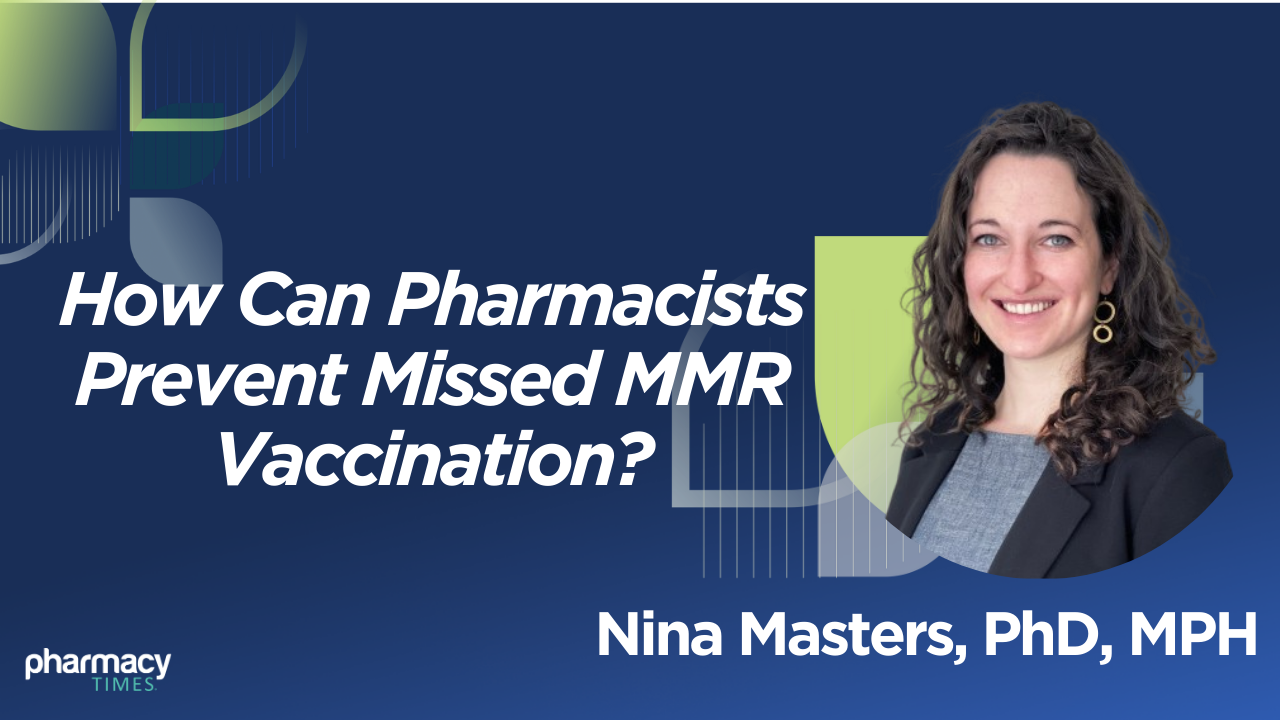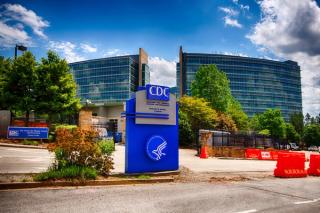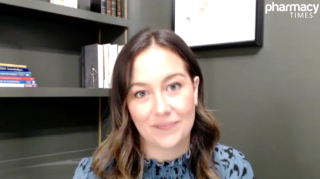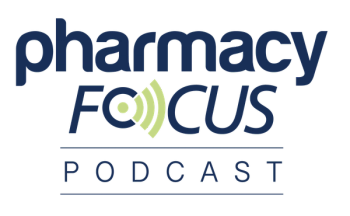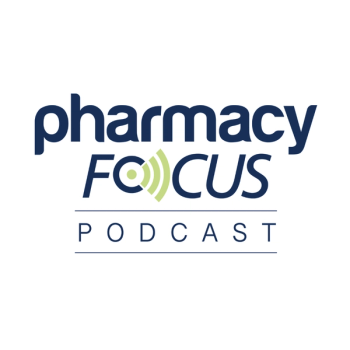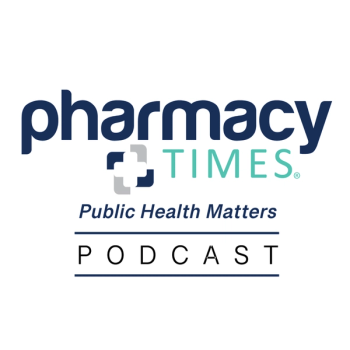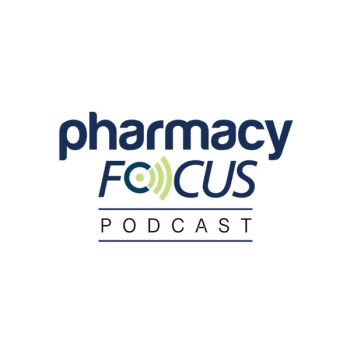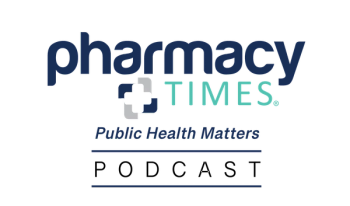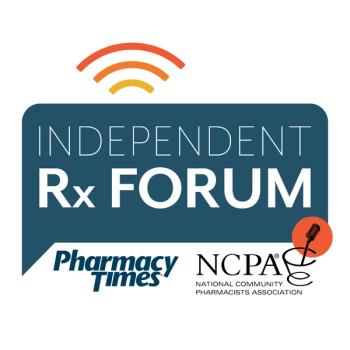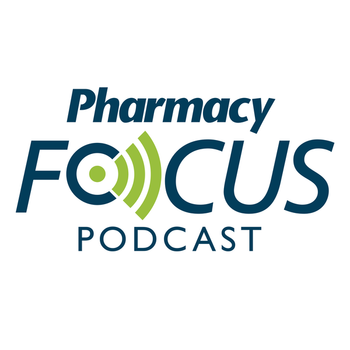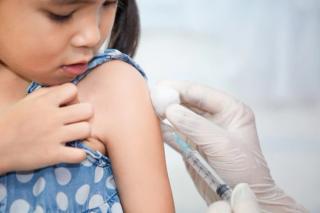
Immunization
Latest News
Latest Videos

Shorts










Podcasts
CME Content
More News
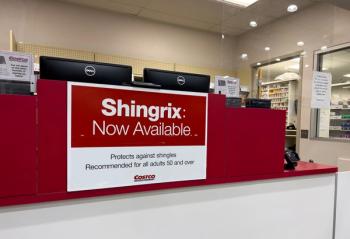
Recombinant zoster vaccination against shingles was found to significantly reduce the risk of heart disease and dementia, even after a prior case of shingles.
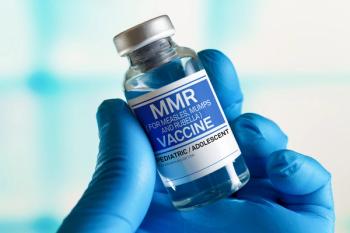
Study author Nina B. Masters, PhD, MPH, highlighted an increase since the pandemic in the rates of patients missing their dose of measles, mumps, and rubella (MMR) vaccination at age 2 years.
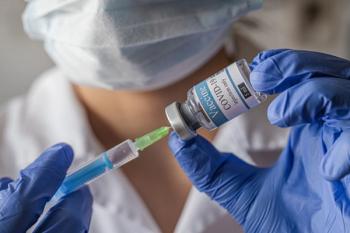
Surveys reveal significant misunderstandings among Americans about shared decision-making in childhood vaccinations, highlighting the need for better public education.
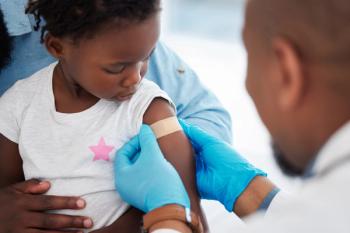
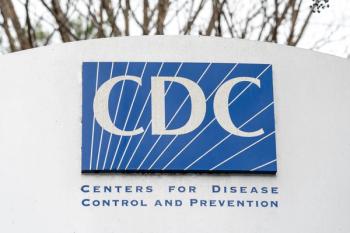
Federal vaccine recommendations for pediatric patients shift dramatically, reducing routine immunizations from 17 to 11, sparking debate on safety and efficacy.

Six months following pneumococcal vaccination, over 70% of patients lost their protective titers, suggesting the need for more optimal vaccination strategies.

Discover how AI-engineered nasal antiviral platforms revolutionize flu prevention, enhancing mucosal immunity and offering new treatment possibilities.

A series of workplace factors were found to increase the risk of long COVID, including close contact with colleagues and commuting through public transportation.
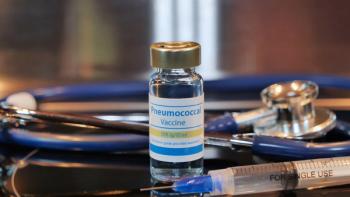
Serotypes included in the pneumococcal 21-valent conjugate vaccine (PCV21) cause outsized disease and economic burden in Norwegian patients with pneumococcal disease.

COVID-19 vaccination significantly lowers severe illness and preterm birth risks for pregnant individuals.

Community pharmacists are crucial in Increasing immunization rates, addressing access barriers, and supporting evidence-based immunization guidance.
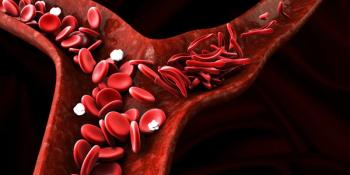
New findings highlight the need for pneumococcal booster vaccinations in children with sickle cell disease to maintain immunity and prevent serious complications.

Pharmacists enhance multiple myeloma care by managing cytokine release syndrome and advocating for safe vaccination strategies at ASH 2025.

Pharmacists play a crucial role in ensuring travelers receive essential vaccines, bridging gaps in immunization and enhancing global public health.
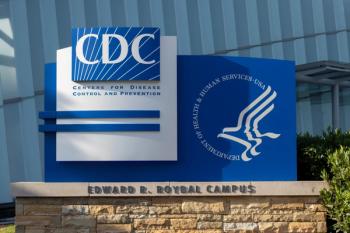
The Advisory Committee on Immunization Practices (ACIP) voted to recommend individual-based decision-making for parents when deciding when or if to give their child the birth dose of the hepatitis B virus vaccine.
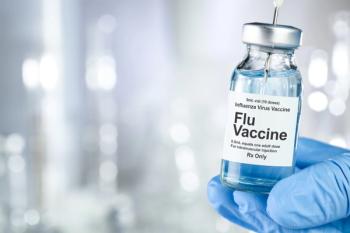
Researchers explore how immune history and innovative vaccine technologies enhance protection against flu, highlighting pharmacists' vital role in patient education.

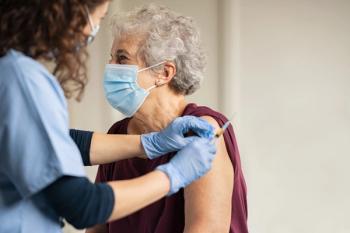

The pneumococcal 13-valent conjugate vaccine (PCV13) was effective at preventing pneumococcal lower respiratory tract infection (LRTI) in older patients from Thailand.
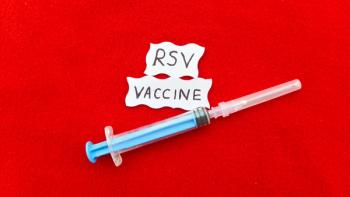
Examining Trends From Past Respiratory Virus Seasons Can Inform New Vaccination Strategies

Investigators determined a series of risk factors that can lead to complicated pneumococcal bacteremia, including older age and key comorbidities.
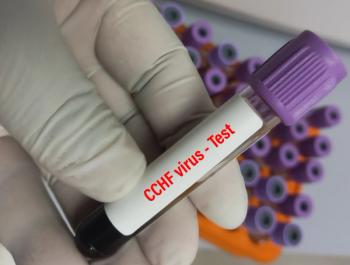
New vaccine developments for Crimean-Congo hemorrhagic fever offer hope for prevention, highlighting pharmacists' crucial role in future vaccination efforts.
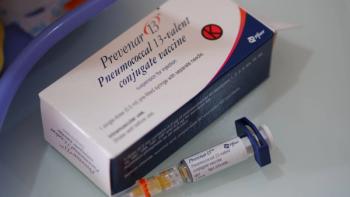
Post pandemic, invasive pneumococcal disease cases rise among youth due to declining vaccination rates, highlighting urgent public health concerns.
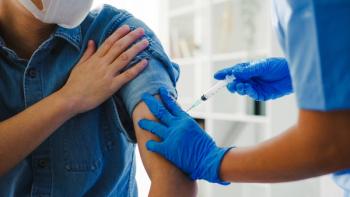
City-level COVID-19 vaccine mandates in the US have limited impact on vaccination rates and health outcomes.
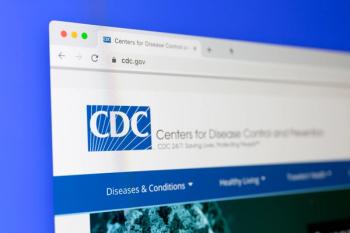
CDC's recent statement raises concerns about vaccine safety and autism links, igniting debate among health experts and fueling vaccine hesitancy.




